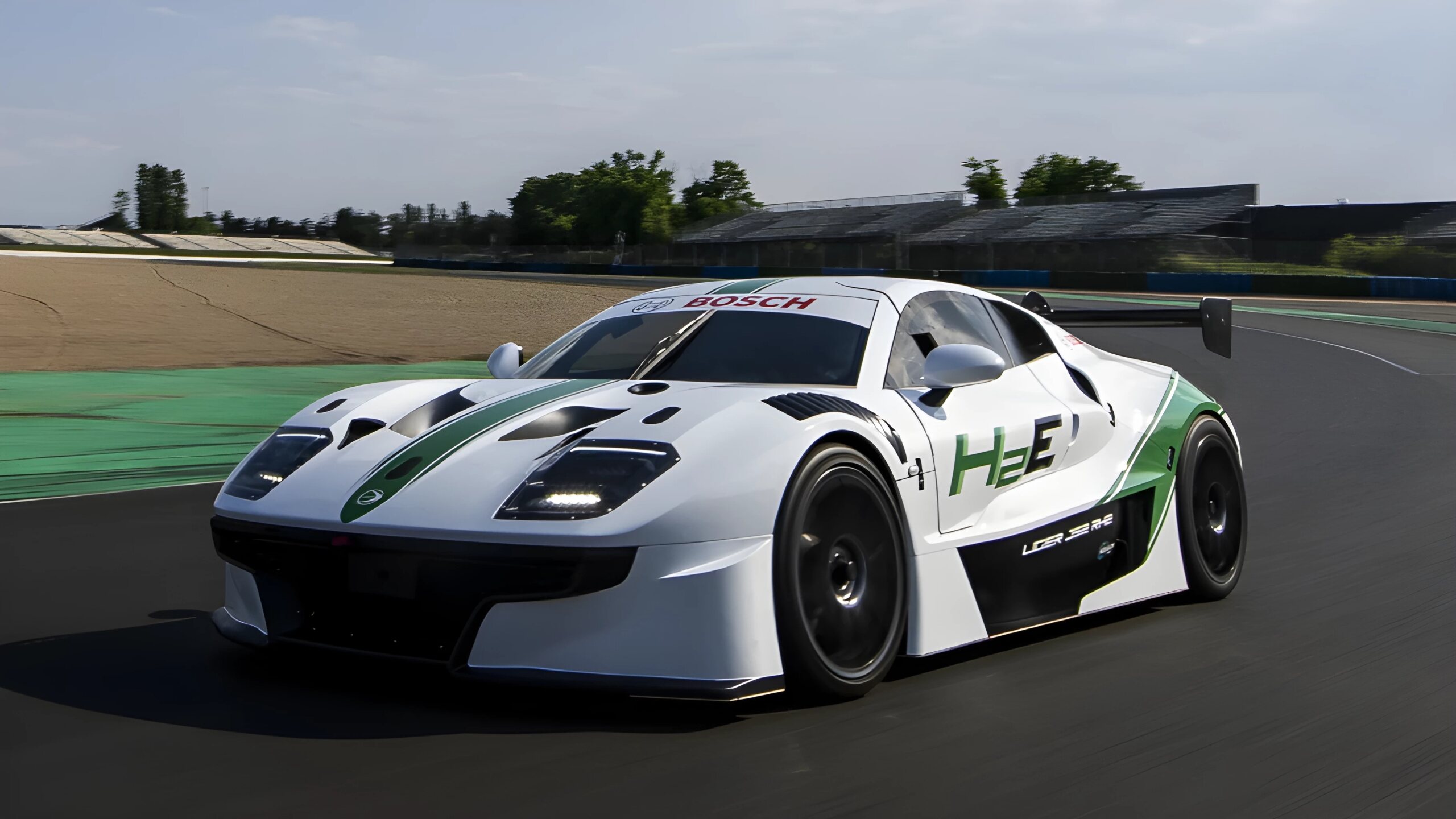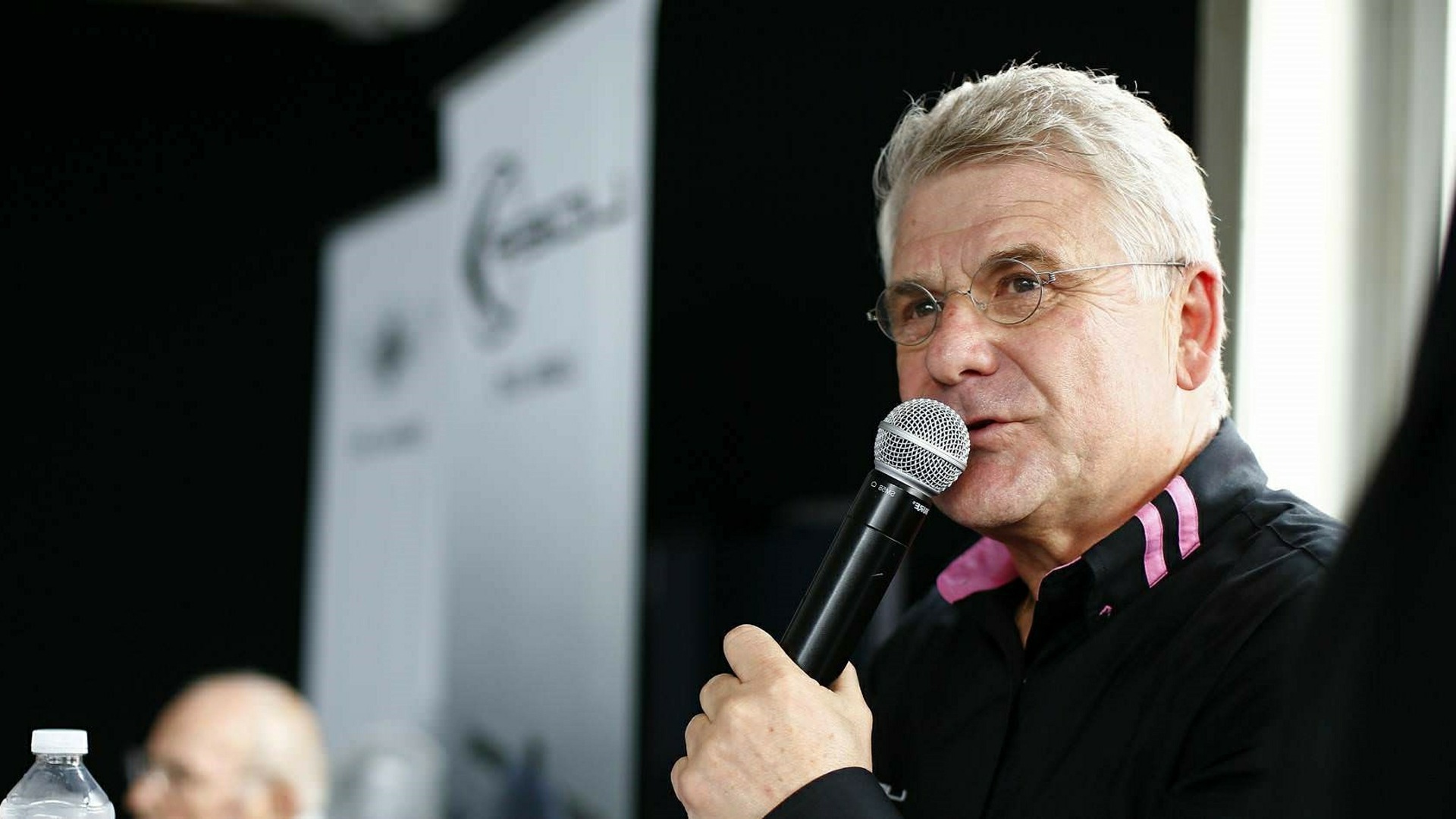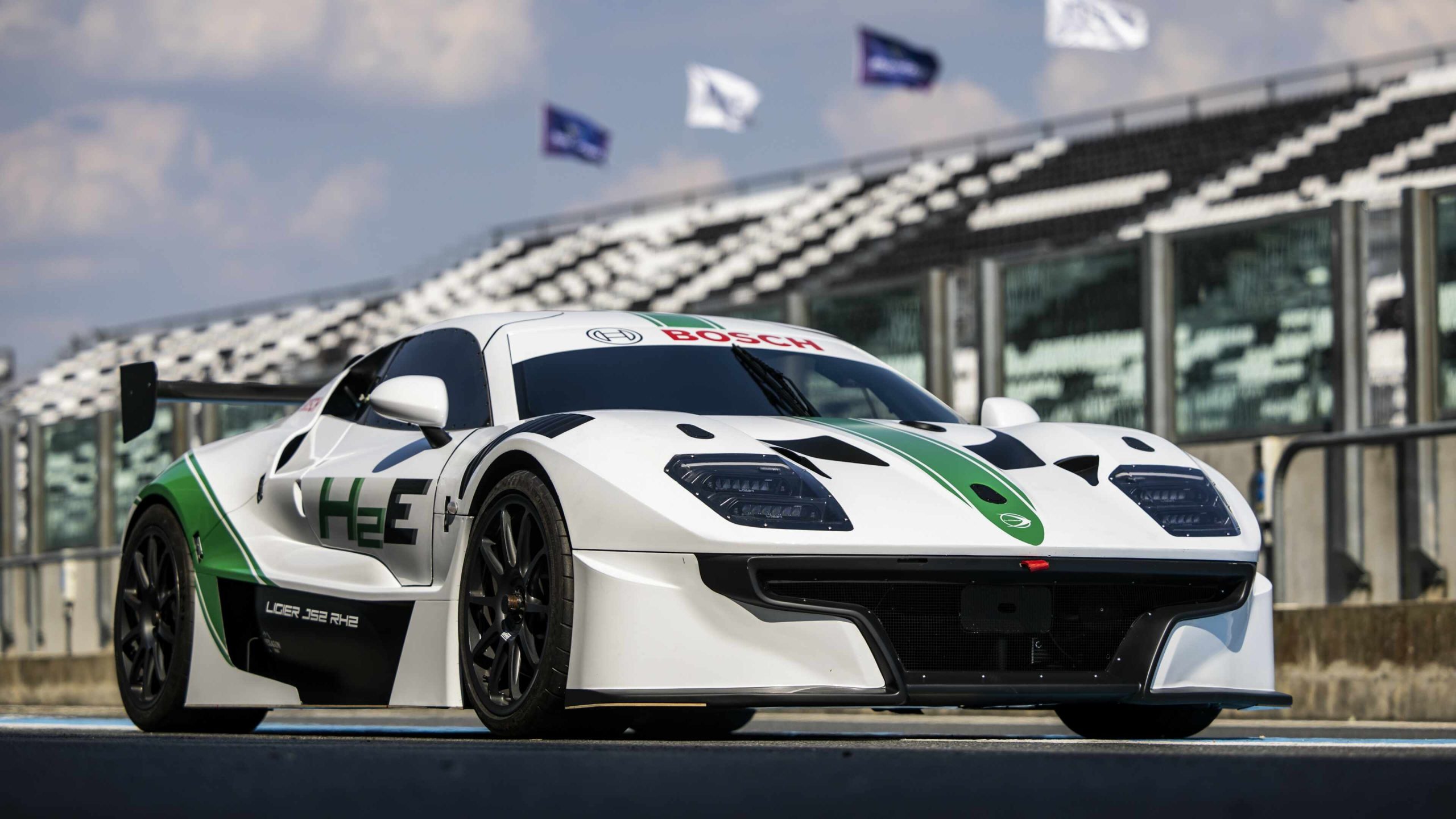In a significant push towards clean energy and sustainability in motorsport, Bosch Engineering, and Ligier Automotive have advanced their hydrogen-powered demonstrator vehicle. Recent intensive tests have been conducted to assess the vehicle’s robustness and endurance, further optimizing its drive concept.
The development and engineering of hydrogen drives for motorsports enable us to bring particularly demanding technologies to the racetrack at an early stage, which can also have road reference.
This gives us an innovative edge in future hydrogen projects, both in motorsport and for high-performance sports cars,” says Dr. Johannes-Jörg Rüger, President Bosch Engineering GmbH. Over the past few months, Bosch Engineering and Ligier Automotive have enhanced the vehicle, achieving a high power output of 443 kW, a torque of 650 Nm, and an excellent transient response from the 3.0-liter biturbo hydrogen engine.

Extensive tests and simulations have ensured the hydrogen systems’ robustness and long-term performance under extreme conditions, ranging from 0°C to +35°C. During high-speed tests, the vehicle consistently exceeded speeds of 280 km/h, nearing 300 km/h. It also completed over 5,000 test kilometers on the racetrack under high loads without any significant issues, a distance comparable to the race distance covered by winning teams at the 24 Hours of Le Mans.
“The results show that our hydrogen concept could meet the extreme requirements of a long-distance race and provide an excellent development basis for future use in racing cars and high-performance sports cars,” says Rüger. The experience gained with the Ligier JS2 RH2, including the design of high-pressure tanks and a comprehensive hydrogen safety concept with both active and passive measures, will inform future customer projects of both companies.

Currently, the storage concept for hydrogen in mobile applications primarily involves gaseous hydrogen stored under high pressure of up to 700 bar. Liquid hydrogen, offering higher storage density, could become an alternative option in the long term. Bosch Engineering and Ligier Automotive are expanding their expertise with this technology and have developed initial concept studies to integrate liquid hydrogen systems in vehicles.
In developing the Ligier JS2 RH2, Bosch Engineering was responsible for vehicle design and significantly contributed to the development of the engine, tank concept, and a multi-stage hydrogen safety system.
Ligier Automotive focused on the vehicle’s dynamic performance, designed the monocoque, adapted the chassis from its existing Ligier JS2 R, and optimized the car cooling system. They also refined the mechanical components for hydrogen use and led their integration into the new vehicle.

The Ligier JS2 RH2 was publicly revealed last year during the centenary of the 24 Hours of Le Mans and was exhibited in the Hydrogen Village dedicated to this new energy sector. This June, the Ligier JS2 RH2 will be showcased on track during the world premiere demo lap reserved for hydrogen-powered racing cars on Saturday, June 15, 2024, just a few hours before the start of the 92nd edition of the 24 Hours of Le Mans.
It will run alongside the H24, MissionH24’s hydrogen-electric racing prototype, and other manufacturers committed to the deployment of hydrogen in motorsport. “We are very proud to be part of the first manufacturers to see their hydrogen-powered car run on the iconic 24 Hours of Le Mans track,” comments Jacques Nicolet, President of Ligier Automotive.
“We are fully focused on integrating new energies into the automotive industry, and this demonstration lap shows that motorsport is an incredible research laboratory to develop and test new technologies.” The Ligier JS2 RH2 will be displayed throughout the entire Le Mans 24H week in the Hydrogen Village.

